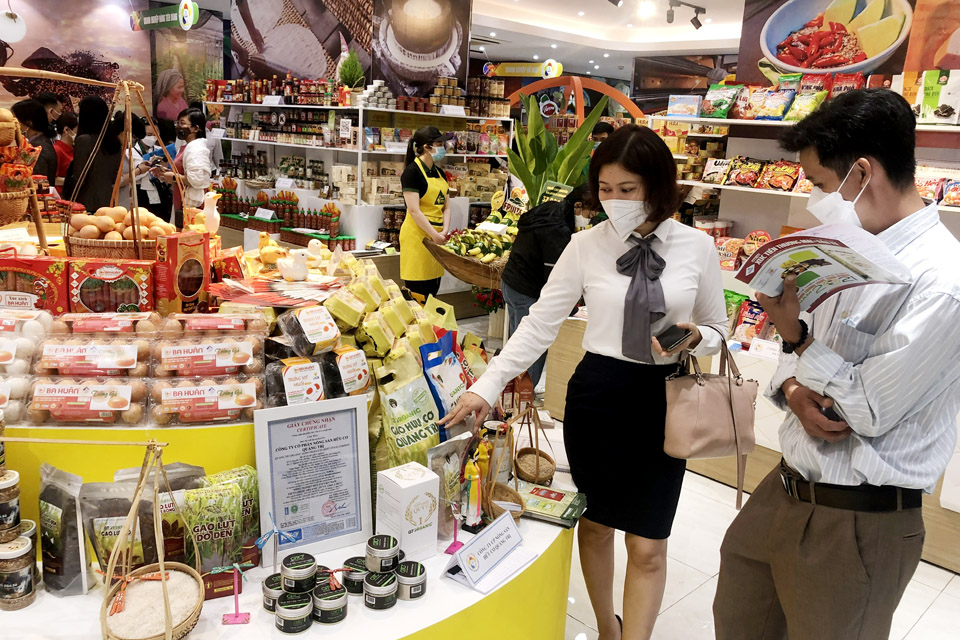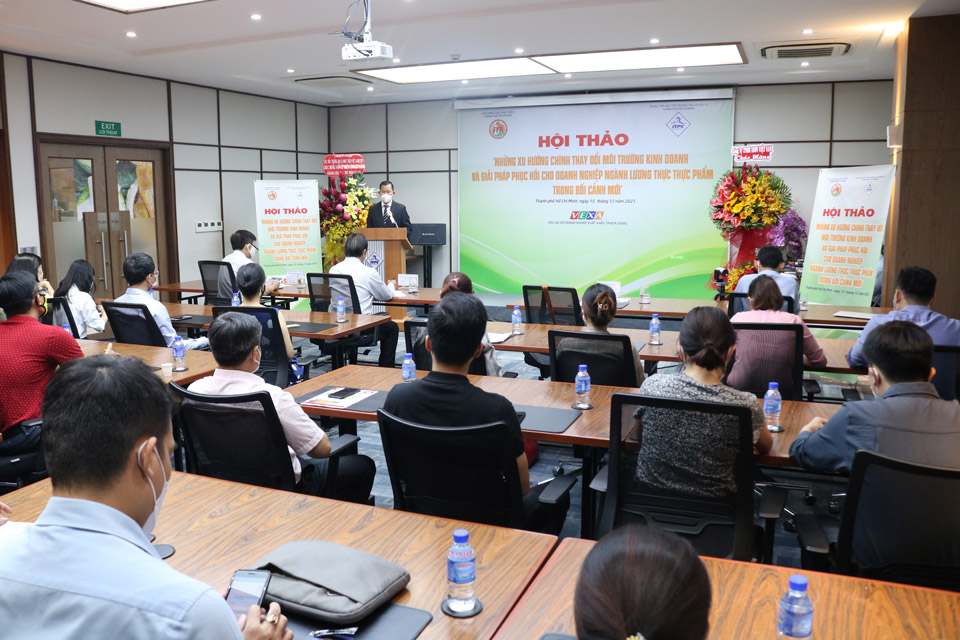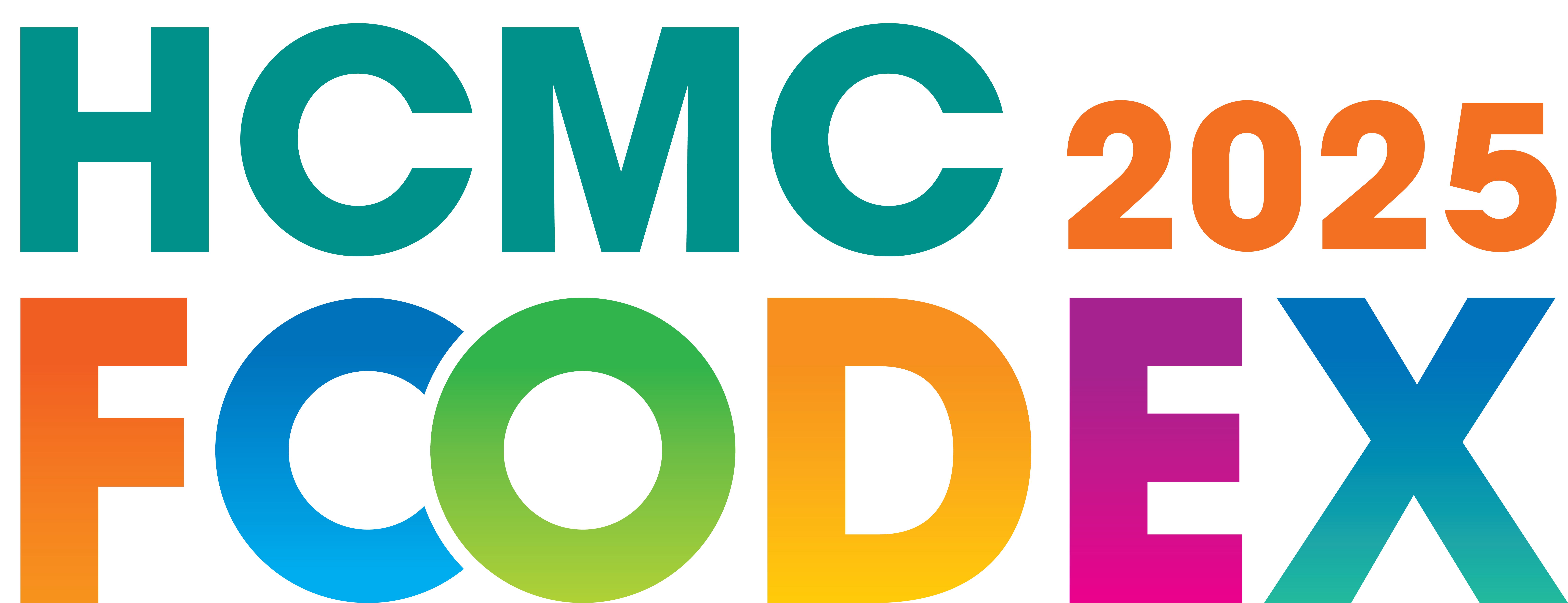Food industry: Changing to adapt to new trends
(KTSG Online) – Improving product quality and applying digital technology in production and business activities are necessary requirements for businesses in the food and food industry in the context of the Covid-19 epidemic.
This message was shared by experts and speakers at the seminar “Main trends changing the business environment and recovery solutions for businesses in the food and food industry in the new context”, which took place on January 1, 2018. December 15 in Ho Chi Minh City.

At the conference, Dr. Huynh Thanh Dien pointed out the trends of the food and food industry in the context of the Covid-19 epidemic, that is, consumers prefer and increase their consumption of foods of plant origin, organic, ingredients. healthy nutrition, modern and convenient packaging.
On the other hand, according to Mr. Dien, businesses need to promote the application of digital technology in production and business activities; Remote ordering and quality control based on digital infrastructure to connect and increase interaction with customers both during production and trade.
The Covid-19 pandemic has promoted the shift from direct to online purchases, thanks to which, e-commerce is growing strongly (online sales channels for FMCG industry have growth rate up to 91% in 2021). These shifts in consumption trends have also promoted the development of non-cash payments, in which payments via Internet banking and payments through e-wallets increased sharply.
Since the fourth wave of the Covid-19 epidemic broke out, the production and business activities of the food and food industry have been severely affected, the prices of input materials for production have increased and even difficult to find alternative sources.
Nguyen Dang Hien, General Director of Tan Quang Minh Company (Bidrico), said that during this Covid-19 epidemic, when there was a shortage of production materials, his company had many difficulties to find suppliers. Bidrico said it had to “knock on the door” to 6 companies to find the raw materials to buy.
Not only that, the Covid-19 epidemic has also had a far-reaching impact on the supply chain, putting existing supply chain models at risk, thus creating the need to rethink supply chain redesign.
From this fact, Mr. Hien believes that businesses should create for themselves a diversified supply chain, should not be too dependent on one or two suppliers, when something goes wrong, it will be very difficult to manage.
Similarly, Mr. Huynh Thanh Dien, also said that the trend of diversified and flexible supply chains is being opened to adapt to new conditions. And in that context, the organization of production needs to be renewed to both ensure safety against epidemics and develop the economy.

From the above trend analysis, Mr. Dien made some suggestions for food and food businesses to adapt to the new trend. Accordingly, businesses need to focus on researching, producing, providing convenient products and services with new sales methods, convenient in transportation, and optimizing use values.
At the same time, enterprises are proactive and promote the application of science and technology in production and business such as increasing B2B, B2C interaction and remote quality control…
In addition, enterprises select and build a lean apparatus, improve the quality of human resources, in which priority is given to qualified and skilled human resources suitable for the digital economy era; Choosing the right strategy and business philosophy is also the key to help businesses easily adapt to the new situation. Finally, businesses need to build a smart, easy-to-understand and accessible risk management system so that they can easily respond to arising situations and avoid being passive.
Economist Nguyen Hoang Dung, Chairman of SDLT Leadership Training and Sustainable Development Services, Director of the Institute for Sustainable Development Research and Development Ho Chi Minh City – IRSH, shared his forecast about the economic picture of the industry. food, food and solutions, opportunities for businesses in the new context.
According to Mr. Dung, the opportunities to help businesses recover and develop production in the current new context come from new-generation free trade agreements (FTAs), support from the Government and efforts from the Government. enterprise internal. The new context for the food and food industry includes ensuring food security and nutrition for about 7.9 billion people globally, in which, Vietnam is increasingly integrating deeply, deeply participating more into the world’s supply chain and demonstrate the spirit of transparency, responsibility and sustainability in meeting the food and food needs of mankind.
According to Mr. Tran Phu Lu, Deputy Director of the Investment and Trade Promotion Center of Ho Chi Minh City (ITPC), in recent years, the city’s food processing industry has gradually shifted to in-depth development. many quality products, reputable brands dominate the domestic market to replace imports and have been exported to many countries around the world.
According to Mr. Lu, many products have been manufactured in the direction of applying high technology, product quality meets international standards to participate more deeply in the global value chain. The city’s food and food production enterprises have been proactive in researching new products, developing markets and building reputable and competitive brands and products in domestic and international markets.

Comment
You must be logged in to post a comment.